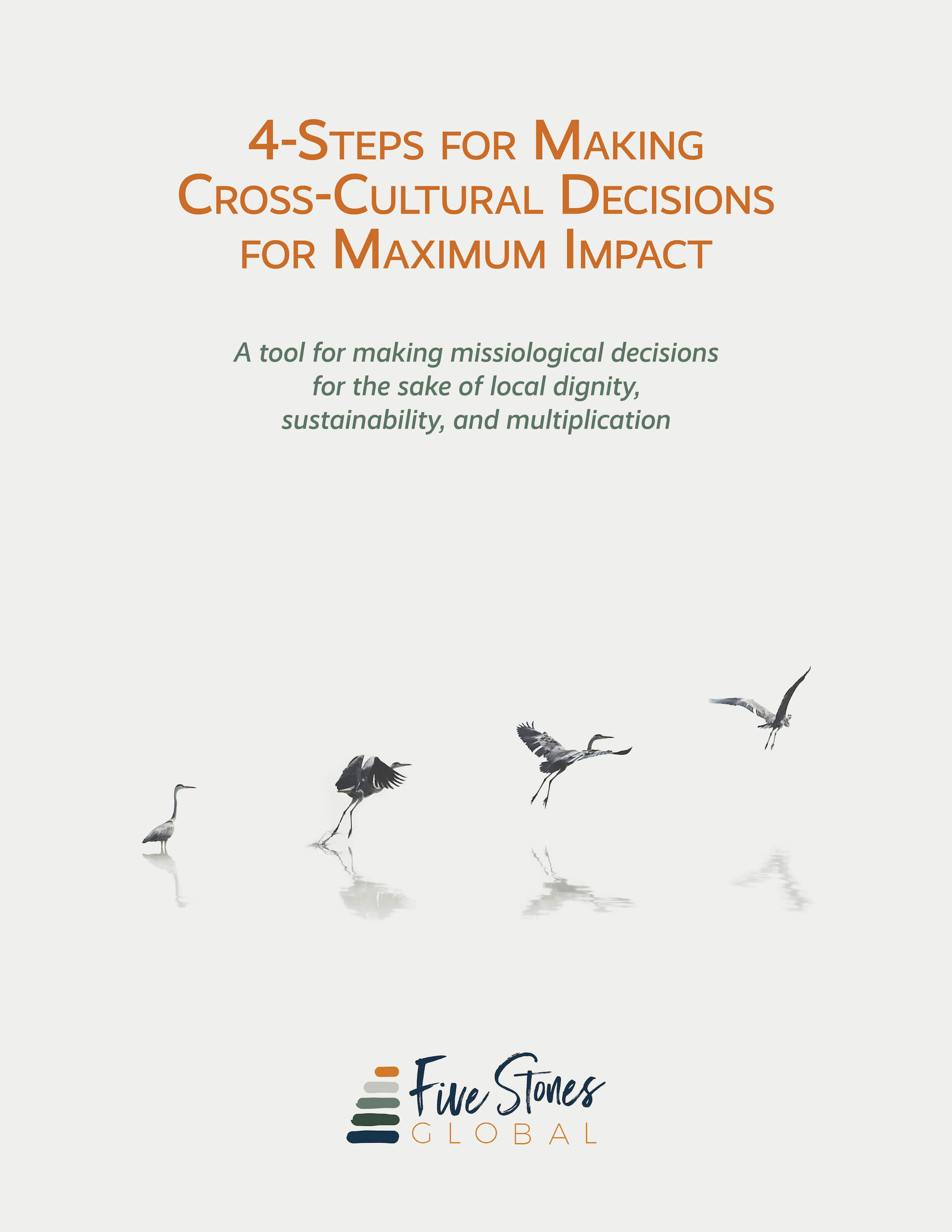By Jean Johnson
I sat around a table with those who were determining my fate as a vocational missionary to Cambodia. They were interviewing me based on my application, Bible knowledge test, personal references, Myers and Briggs psychological test, and a language aptitude test. The general language aptitude test revealed how I would fare in learning a foreign language. One of the persons who held the power to accept or deny my appointment said,
“You only scored 45 percent on your language aptitude test! That is a very low score! ”
Of course this might be a valid reason to deny my appointment as a career missionary. However, I smiled and responded, “True, but I already speak Cambodian fairly well!” Several months later, I was granted permission to serve in Cambodia and was able to secure a visa to reside in Cambodia based on my Cambodian language skills.
Before applying to go to Cambodia, I had served and lived among the Cambodian refugees in Minneapolis and St. Paul. I have nothing innate that lends to learning languages. I am not musically gifted, which helps in hearing tones and sounds of new languages. I have a slight learning disability and struggle to read and pronounce certain English words. Furthermore I have a short attention span. However despite these real challenges, I learned to speak, read, and write Cambodian.
What I had going for me was a sincere determination to make God known in knowable ways to Cambodians, and this was only possible through knowledge and usage of the language and culture. Therefore I moved into a one-bedroom upper duplex with eight Cambodians in Minneapolis. I essentially drowned myself in the language.
Basically I visited the same 6-10 families over and over to practice new words and phrases, while at the same time built friendships and sought persons of peace for the sake of the gospel. Another learning technique that I utilized was writing Khmer words on notecards and taping them throughout the house. For example, I wrote “?????,” which means “door” and then attached it to the door. The house was covered in notecards.

I recall a memory of sitting on the floor with my Cambodian family, rolling ingredients into spring roll wrappers. As we were working away, the mother said, “David speaks Cambodian much better than you!” I held back my tears and snuck out to find a quiet place to cry. Well, actually to wail.

If I can learn a language as difficult as Khmer, you too can learn the language of the cultural group God has placed you! Everyone has it in them. I have a friend who struggles with a deficit in hearing due to a severe illness, but he is giving every effort to learn the tonal Burmese language. It is hard work and takes diligence, but the effort to make disciples in people’s heart languages is well worth it.
Bob Fish and Richard Prinz reveal through data that working in the local heart language (vs. a regional trade language) and in the learning preferences of the people has a direct correlation to the development of discipleship movements.
Today, there is a steady emphasis on holistic missions and ministry (integrating the social, physical, and spiritual). If this is on your radar, keep in mind what David Hesselgrave had to say, “Language is of the utmost importance to people—psychologically, socially, and spiritually.”[2] It would seem that beyond being intrinsically interconnected to movements, using the heart language is intrinsically interconnected to holism.
Around the world it seems everyone wants to learn English. However, one of the greatest barriers to the gospel is the perception that God is a foreigner’s god, usually a European or American god. This especially stands true for those who make up the core of the traditional culture within people groups. I experienced this exact barrier in Cambodia and therefore made a personal and strategic decision not to use teaching English as a method to build relationships for the sake of the gospel, no matter how much people wanted me to teach them English.**
Keep in mind this quote from Nelson Mandela:
If you talk to a man in a language he understands, that goes to his head. If you talk to him in his own language, that goes to his heart.
I encourage you to learn the language until it hurts. And when it hurts, don’t give up; push through. Eventually all the words and phrases you learn will find each other and you’ll begin to speak so others can understand. It will be at this point when you will be positioned to influence others at a worldview level and facilitate discipleship movements for Christ.
In Luke 12, Jesus tells people not to worry about the basics of life. Jesus uses the most tender words in verse 32, “Do not be afraid, little flock . . .” Just like the Father knows you need food and drink, He knows you need to learn the heart language. Be encouraged! Please know that if I can ever be of service to you, reach out and let me know. I will be your biggest cheerleader!
To Sharpen this Habitude:
- Count the language as your friend, rather than your enemy; count learning the language as a pilgrimage, rather than a disruption.
- Pray the language into yourself. In other words, pray for God to give you a love for the language, to give you endurance, humility to make mistakes, and His good old fashion enablement.
- Pray for God to show you creative ways to immerse yourself in households and in the community. Rather than allow your family dynamics to hinder language learning, find ways to take advantage of having a family. For example, dad and son stay with a local family every other weekend and mom and daughter stay on the off weekends. If there is a setting or family that can handle the whole family that would be idea! I personally went to a class with all Cambodians in the school system to learn as part of my language learning.
- Learn in the village setting first because the heart of the language, idioms, vocabulary, etc. are housed at this level. If you start in the city, you may have gaping holes in your understanding of both the language and the worldview.
- Meet persons of peace through language learning.
To revisit the fourth habitude go to: /habitude-4-learn-the-language-people-argue-in/
To revisit all the Habitude blogs go to: /blog/day-1-affects-day-100-habitudes/
To revisit the introduction to DAY 1 affects DAY 100 Habitudes go to: /day-1-affects-day-100-habitudes-what-are-day-1-affects-day-100-habitudes
[1] Bob Fish and Richard Prinz, “The Effects of Language and Communication Choices,” From Seed to Fruit ed. Dudley Woodberry (Pasadena CA, William Carey Library, 2011), 267.[2] Ibid, 269.
** Perhaps, you are in a country that teaching English allows you to have a visa to begin with. In other words, if you didn’t teach English you would have to leave. In this case, I recommend you teach English in the classroom, etc. with all your heart. But when you share the gospel, make disciples, and train church planters use the heart language.


